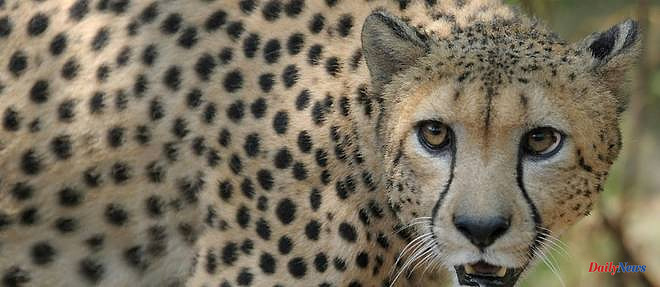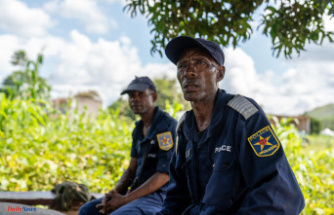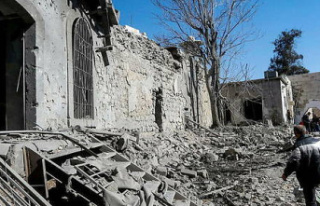A couple of Namibian cheetahs have been released back into the wild in India, as part of a project to reintroduce the felines that disappeared from the country more than 70 years ago, Environment Minister Bhupender Yadav announced on Sunday. .
"Both cheetahs are doing well," Yadav tweeted following their release to Kuno National Park in central India after months of acclimatization.
The two animals, named Obaan and Asha, are the first to be released out of eight cheetahs that arrived from Namibia last September, following a ruling by India's Supreme Court which in 2020 allowed the species to be reintroduced to experimental title.
Twelve more cheetahs arrived from South Africa last month. Authorities hope that once released, the cheetahs will reproduce and the population will reach around 100 within 10 years.
This is the first intercontinental relocation of cheetahs, the fastest land animal on the planet.
India was once home to the Asian cheetah. But the last specimen was killed in 1947 by an Indian prince, and the species was officially declared extinct in the country in 1952.
Kuno National Park was chosen for the introduction of African cheetahs - a different subspecies than Asian cheetahs - due to its vast grasslands and abundant prey it harbors.
The cheetah is considered "vulnerable" on the International Union for Conservation of Nature (IUCN) endangered species list. Only about 7,000 remain today, mainly in the African savannas.
Its survival is mainly threatened by the reduction of its natural habitat and the disappearance of its prey due to human hunting, land development for other purposes and climate change.
03/12/2023 11:08:05 - New Delhi (AFP) - © 2023 AFP












